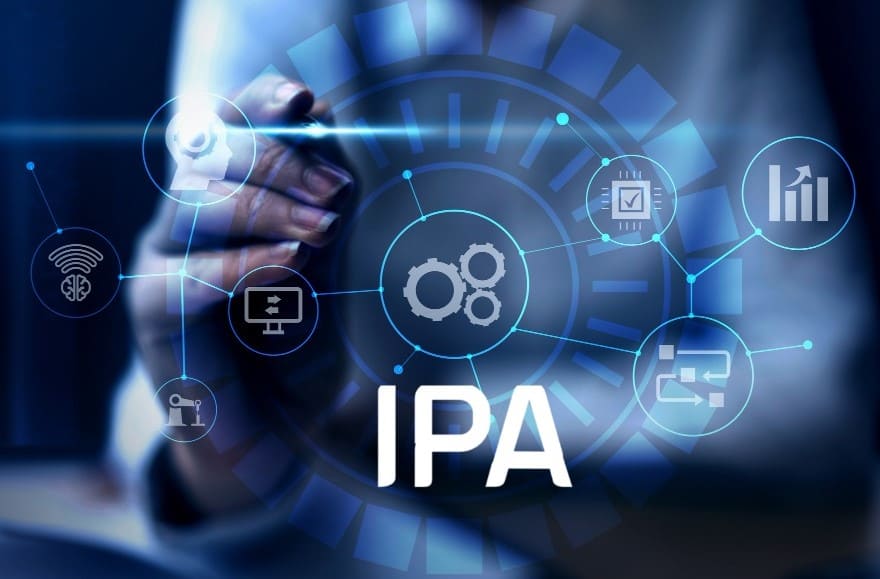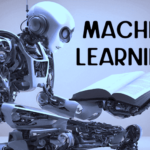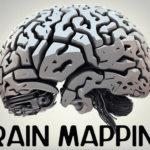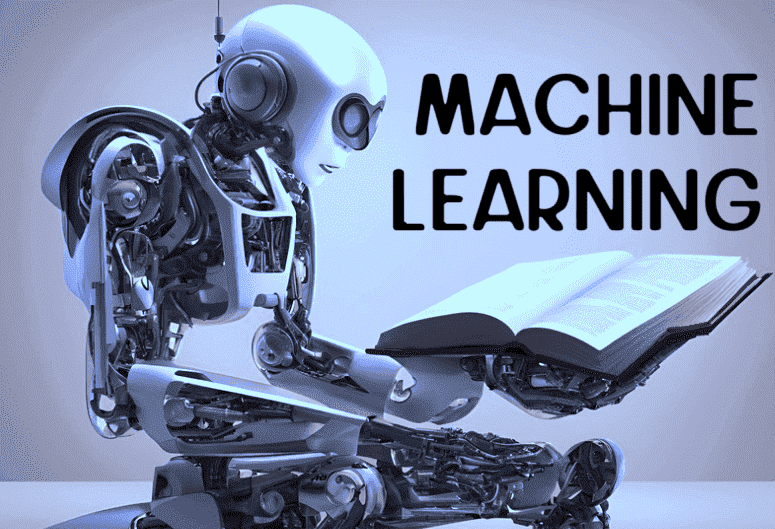
Overview:
In today’s fast-paced and highly competitive business environment, organizations are continually seeking innovative ways to enhance efficiency, reduce costs, and stay ahead of the curve. To understand what is Intelligent Process Automation (IPA), we must look at a transformative technological landscape that merges the capabilities of robotic process automation (RPA) with advanced artificial intelligence (AI) and machine learning (ML) techniques. IPA is revolutionizing the way businesses operate by automating not only routine, repetitive tasks but also complex, decision-intensive processes that traditionally required human intervention.
At its core, IPA leverages a suite of cutting-edge technologies, including natural language processing (NLP), computer vision, and predictive analytics, to streamline operations and drive intelligent decision-making. From finance and healthcare to retail and manufacturing, IPA is making significant inroads across various industries, delivering tangible benefits such as improved operational efficiency, cost savings, enhanced accuracy, and superior customer experiences. As organizations increasingly embrace this powerful technology, IPA is set to play a pivotal role in shaping the future of work, offering unprecedented opportunities for innovation and growth.
Contents:
- What is Intelligent Process Automation (IPA) and how it is different from Robotic Process Automation (RPA)
- Key technologies enabling the Intelligent Process Automation (IPA)
- Prominent application areas of Intelligent Process Automation (IPA)
- Key benefits of Intelligent Process Automation (IPA)
- Potential challenges with Intelligent Process Automation (IPA)
- Futuristic outlook of Intelligent Process Automation (IPA)
- Summing Up
What is Intelligent Process Automation (IPA) and how it is different from Robotic Process Automation (RPA):
To comprehend IPA, it’s crucial to start with RPA, as it forms the foundational framework for IPA’s operational mechanics. Let’s explore each concept one by one and then highlight their key distinctions:
Robotic Process Automation (RPA):
Focus:
RPA is primarily focused on automating repetitive, rule-based tasks. These tasks are often mundane and require little to no human decision-making.
Technology:
RPA uses software robots or bots to mimic human actions within digital systems. These bots follow predefined rules and workflows to execute tasks like data entry, form filling, or file manipulation.
Intelligent Process Automation (IPA):
Integration of AI and ML:
IPA goes beyond RPA by incorporating artificial intelligence (AI) and machine learning (ML). This allows IPA systems to handle more complex tasks that require cognitive abilities such as problem-solving, decision-making, and natural language understanding.
Capabilities:
IPA systems can analyze data, make judgments, and adapt to new situations autonomously. They can learn from interactions and improve their performance over time.
Applications:
IPA is used in scenarios where tasks are variable, unstructured, or require contextual understanding. For example, it can be applied in customer service interactions, financial analysis, or predictive maintenance.
Key Differences between RPA and IPA:
Task Complexity:
RPA handles repetitive tasks with clear rules, while IPA tackles more complex tasks that involve decision-making and problem-solving.
Technological Scope:
RPA focuses on automation of manual tasks using bots, whereas IPA extends automation by integrating AI and ML for enhanced cognitive capabilities.
Impact:
IPA offers greater efficiency, accuracy, and scalability in automating business processes compared to traditional RPA alone.
Key technologies enabling the Intelligent Process Automation (IPA):
1. Artificial Intelligence (AI):
AI encompasses machine learning (ML), natural language processing (NLP), and computer vision. These technologies enable IPA systems to understand, learn from, and make decisions based on data.
2. Machine Learning (ML):
ML algorithms allow IPA systems to learn from data and improve their performance over time without being explicitly programmed for every scenario.
3. Natural Language Processing (NLP):
NLP enables IPA systems to understand and interpret human language, which is crucial for handling tasks like customer service inquiries or processing unstructured data.
4. Computer Vision:
Computer vision technology enables IPA systems to interpret and understand visual information, such as images or video feeds. This is valuable for tasks like automated inspection or quality control.
5. Advanced Analytics:
IPA relies on advanced analytics techniques to derive insights from data, which helps in making informed decisions and predictions.
6. Process Orchestration:
IPA platforms often include process orchestration capabilities to manage and coordinate complex workflows involving both automated and human tasks.
7. Cognitive Automation:
This involves mimicking human thought processes to automate tasks that require judgment, reasoning, or decision-making.
8. Integration Capabilities:
IPA systems integrate with various existing IT systems, databases, and applications to automate end-to-end processes seamlessly.
9. Cloud Computing:
Cloud infrastructure provides scalability, flexibility, and accessibility, enabling IPA solutions to handle large volumes of data and computations effectively.
Prominent application areas of Intelligent Process Automation (IPA):
1. Finance and Banking:
Fraud Detection and Prevention: IPA systems can analyze transactions in real-time to detect unusual patterns indicative of fraud.
Loan Processing: Automating the validation of documents, credit scoring, and decision-making processes.
Compliance Monitoring: Automating compliance checks and reporting to ensure adherence to regulations.
2. Healthcare:
Patient Data Management: Automating data entry, patient record management, and scheduling appointments.
Medical Billing and Claims Processing: IPA can streamline billing processes and ensure accurate claims processing.
Clinical Decision Support: Using AI to analyze patient data for diagnostic support and treatment planning.
3. Retail and E-commerce:
Inventory Management: IPA systems can automate inventory tracking, replenishment, and forecasting.
Customer Service Automation: Using chatbots and AI to handle customer inquiries and support requests.
Personalized Marketing: AI-driven recommendations and targeted marketing based on customer behavior and preferences.
4. Manufacturing and Supply Chain:
Supply Chain Management: Optimizing logistics, inventory management, and order processing.
Quality Control: Using computer vision for automated inspection and defect detection.
Predictive Maintenance: Using AI to predict equipment failures and optimize maintenance schedules.
5. Telecommunications:
Network Management: IPA can automate network monitoring, fault detection, and performance optimization.
Customer Support: Using AI-powered chatbots for handling customer queries and troubleshooting.
Service Provisioning: Automating service activation and configuration processes.
6. Insurance:
Claims Processing: Automating claims validation, adjudication, and settlement processes.
Underwriting: Using AI to analyze risk factors and automate underwriting decisions.
Customer Engagement: AI-driven personalized customer interactions and policy recommendations.
7. Government and Public Sector:
Administrative Processes: Automating paperwork, form processing, and approvals.
Citizen Services: Providing automated responses to citizen inquiries and service requests.
Regulatory Compliance: Automating compliance checks and reporting.
Key benefits of Intelligent Process Automation (IPA):
1. Increased Operational Efficiency:
IPA automates repetitive and manual tasks, reducing errors and processing times. This efficiency improvement allows organizations to reallocate resources to more strategic activities.
2. Cost Savings:
By automating tasks that were previously performed manually, IPA reduces labor costs and operational expenses. It also minimizes errors and rework, leading to cost savings over time.
3. Enhanced Accuracy and Compliance:
IPA systems operate with high accuracy and consistency, reducing the risk of human error. They can also enforce compliance with regulations and standard operating procedures more effectively.
4. Improved Customer Experience:
Automation of customer-facing processes, such as faster response times and personalized interactions through AI-driven chatbots, enhances the overall customer experience.
5. Business Agility and Scalability:
IPA enables organizations to adapt quickly to changing business environments and scale operations as needed. It supports faster decision-making and implementation of process improvements.
Potential challenges with Intelligent Process Automation (IPA):
1. Complexity of Implementation:
Integrating IPA with existing systems and processes can be complex and time-consuming. It may require significant upfront investment in technology, training, and process redesign.
2. Change Management:
Adopting IPA often requires changes in organizational culture and workforce skills. Employees may need to adapt to new roles or retraining to work alongside automated systems effectively.
3. Data Quality and Integration:
IPA relies heavily on accurate and consistent data. Poor data quality or incompatible data sources can hinder automation efforts and reduce the effectiveness of AI algorithms.
4. Security and Privacy Concerns:
Automation introduces new security risks, such as data breaches or unauthorized access to sensitive information. Organizations must implement robust security measures to protect data and comply with regulations.
5. Ethical Considerations:
AI-driven automation raises ethical questions regarding job displacement, fairness in decision-making, and transparency in algorithms. Organizations must address these concerns to maintain trust and ethical standards.
Futuristic outlook of Intelligent Process Automation (IPA):
1. Cognitive Automation:
Future IPA systems will increasingly incorporate advanced AI capabilities such as natural language processing (NLP), machine learning (ML), and computer vision to automate not just routine tasks but also complex decision-making processes that traditionally require human judgment.
2. Hyper-automation:
IPA will evolve towards hyper-automation, where organizations integrate multiple technologies (AI, ML, robotic process automation, etc.) to automate entire end-to-end business processes seamlessly. This approach aims to enhance efficiency, agility, and scalability across operations.
3. AI-Driven Autonomous Decision-Making:
IPA systems will evolve to autonomously make complex decisions based on real-time data and predictive analytics. This includes strategic decisions in business operations, financial planning, and resource allocation, freeing up human experts for higher-level strategic planning.
4. Self-Learning and Adaptive Systems:
Future IPA platforms will possess self-learning capabilities, continuously improving their performance and adapting to changing environments without human intervention. They will learn from interactions, data patterns, and feedback loops to optimize processes proactively.
5. Human-Machine Collaboration:
Advancements in natural language processing (NLP) and emotional AI will facilitate seamless human-machine collaboration. AI assistants will understand and respond to human emotions and contexts, enhancing teamwork and productivity in mixed human-AI workforces.
6. Augmented Reality (AR) and Virtual Reality (VR) Integration:
IPA will leverage AR and VR technologies for immersive user interfaces and remote operations. This includes virtual simulations for training, real-time data visualization in AR overlays, and remote maintenance using VR-enhanced instructions.
7. Blockchain and Secure Automation:
IPA systems will incorporate blockchain technology for enhanced security, transparency, and traceability in automated transactions and data exchanges. Smart contracts will automate agreements and transactions, reducing operational friction and risk.
8. Ethical AI and Governance Frameworks:
As AI ethics gain prominence, IPA systems will adhere to stringent ethical standards and governance frameworks. Organizations will prioritize fairness, transparency, accountability, and bias mitigation in automated decision-making processes.
9. Quantum Computing Impact:
The advent of quantum computing will revolutionize IPA capabilities by exponentially increasing processing speeds and solving complex optimization problems. This will unlock new frontiers in data analysis, simulation modeling, and algorithmic advancements.
Summing Up:
In summary, Intelligent Process Automation (IPA) represents a groundbreaking advancement in the realm of automation, combining artificial intelligence, machine learning, and advanced analytics to transform business processes. The immediate benefits of IPA, such as increased operational efficiency, cost savings, and enhanced customer experience, are already proving invaluable across various sectors. As organizations continue to adopt and integrate IPA, they are poised to achieve unprecedented levels of agility, accuracy, and scalability.
Looking ahead, the future of IPA is even more promising. We envision a landscape where autonomous decision-making, self-learning systems, and seamless human-machine collaboration redefine the workplace. The integration of cutting-edge technologies like augmented reality, blockchain, and quantum computing will push the boundaries of what is possible, enabling organizations to navigate complex challenges and seize new opportunities. Moreover, as ethical AI and governance frameworks gain traction, the automation of processes will not only drive business success but also contribute to societal and environmental well-being. In this rapidly evolving digital era, IPA stands at the forefront, paving the way for a smarter, more efficient, and more responsible future.
Courtesy Image: FreePik











